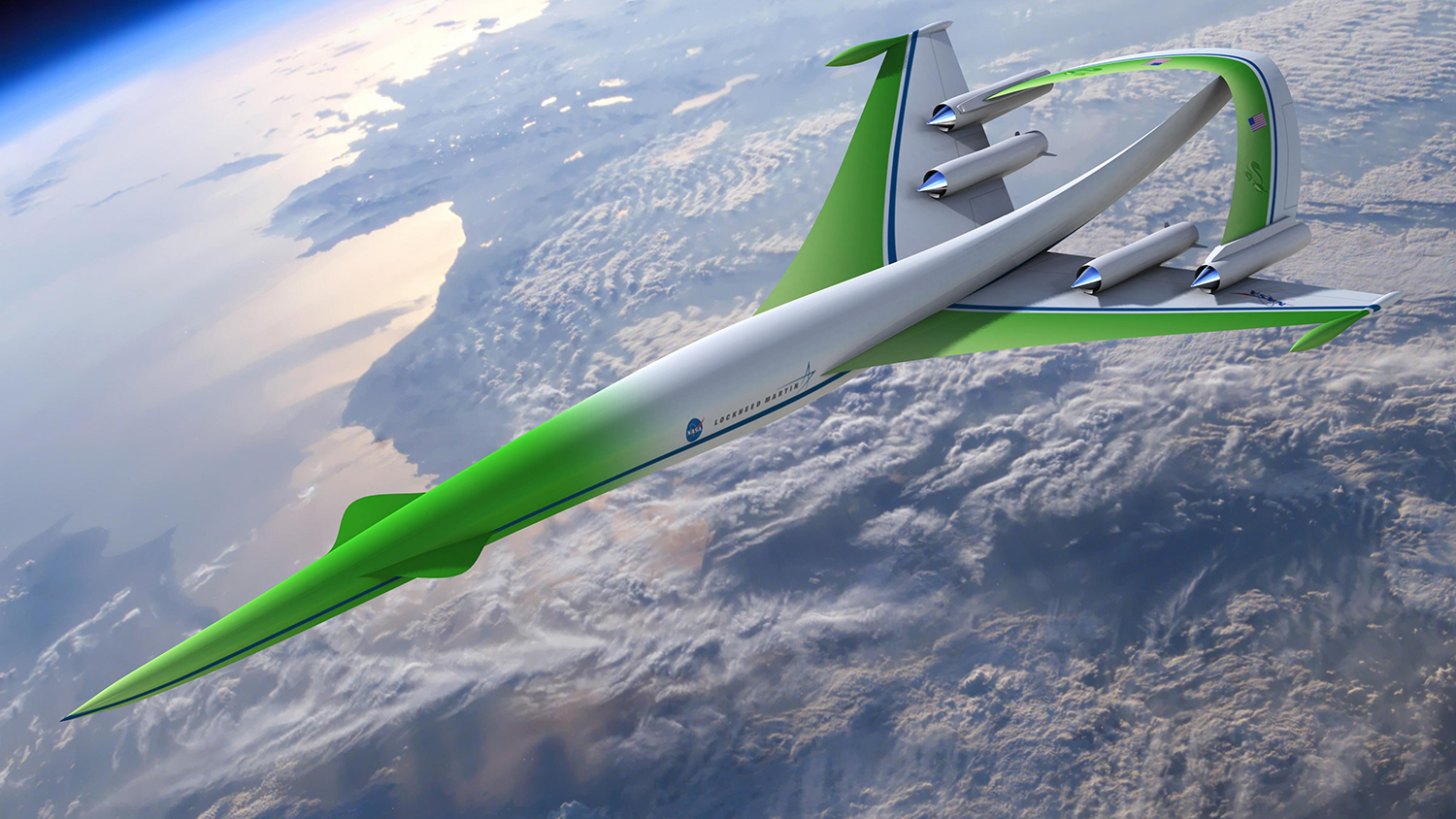This superjet tech will one day fly you from London to Sydney in two hours
More than seven times the speed of sound

The next generation of air travel just got a step closer, with the successful completion of a rocket test in the Australian desert that could one day lead to flights from London to Sydney taking as little as two hours.
The test is part of a series of ten, run by a team comprised of US and Australian military scientists. At the Woomera Testing Range, they were able to send an experimental scramjet attached to a rocket booster to an altitude of 278 kilometres with a top speed of Mach 7.5 - more than seven times the speed of sound.
That's far faster than the 'supersonic' Concorde aircraft ever achieved, and passes the threshold for 'hypersonic travel' instead - defined as travel at more than five times the speed of sound. At that speed, you could reach anywhere on the planet in a couple of hours.
Aerospace companies have been working on prototyping what a hypersonic aircraft might look like, including Lockheed Martin (pictured).
Exciting Time
The research programme, called Hypersonic International Flight Research Experimentation (HIFiRE), is aimed at developing an engine that can fly at Mach 7 reliably. The current speed record for a manned, powered aircraft is Mach 6.72, which was set in the 1960s by the US X-15 experimental aircraft.
"It's an exciting time... we want to be able to fly with a hypersonic engine at Mach 7," Michael Smart, a hypersonics expert involved in the programme, told AFP.
"The practical application of that is you could fly long distances over the Earth very, very quickly but also that it's very useful as an alternative to a rocket for putting satellites into space."
Get daily insight, inspiration and deals in your inbox
Sign up for breaking news, reviews, opinion, top tech deals, and more.
The group's next experiment, scheduled for 2017, will build on this success by detaching the scramjet from the rocket booster and flying it on its own. The project is expected to be complete in 2018.
"It is a game-changing technology... and could revolutionise global air travel, providing cost-effective access to space," Australia's chief scientist Alex Zelinsky said in a statement.
